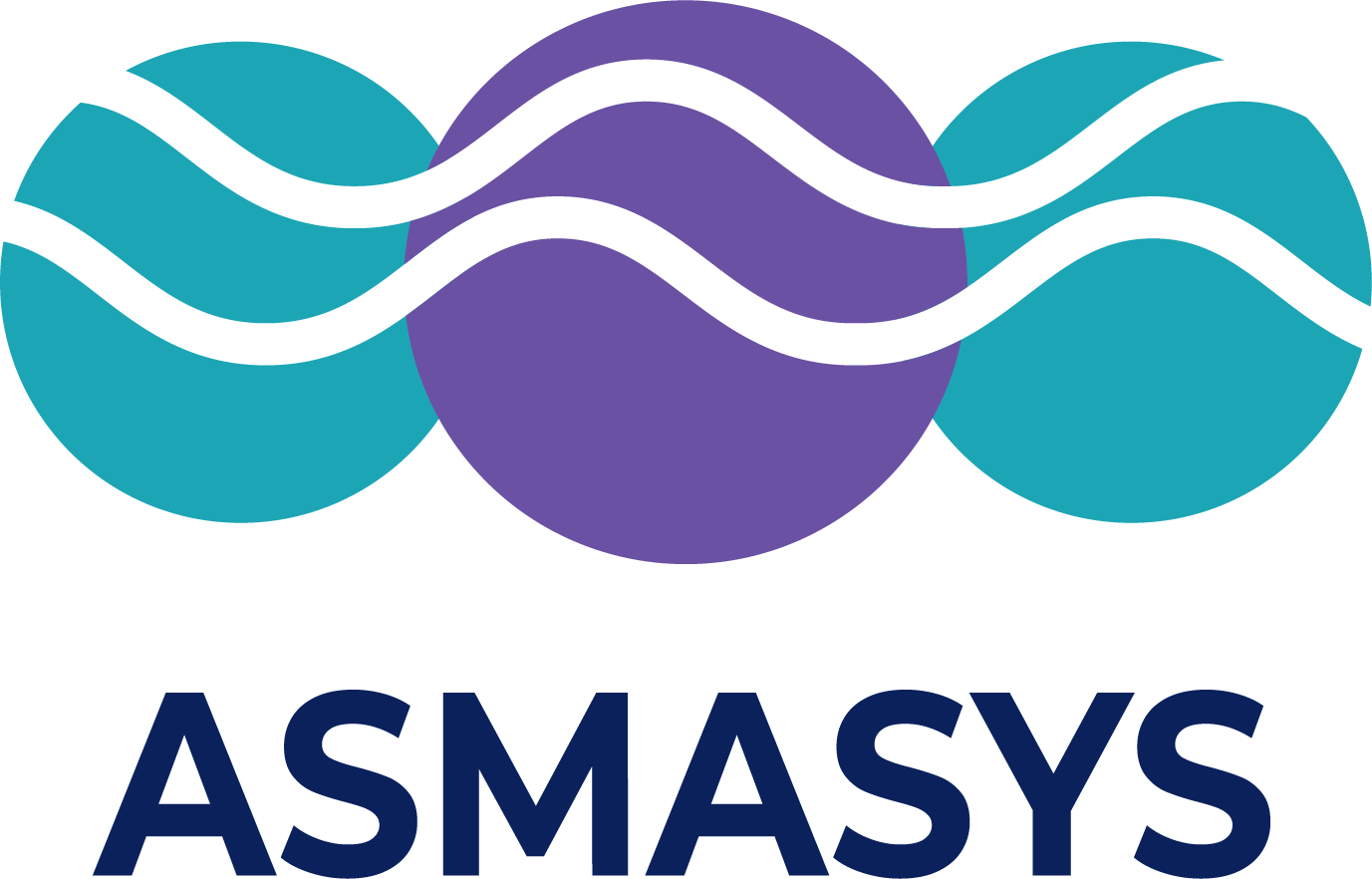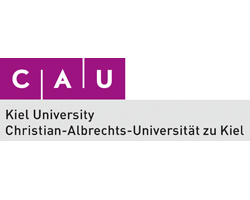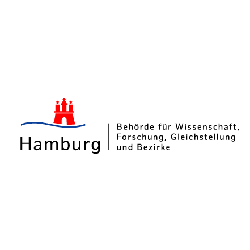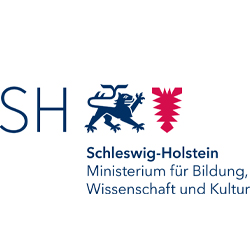ASMASYS
Unified Assessment framework for proposed methods of marine CDR and interim knowledge synthesis
Within ASMASYS, a transdisciplinary evaluation framework for marine CDR options will be developed as the base for a uniform evaluation of the different marine CDR options, and as a nucleus for further homogenization with the evaluation of CDR options on land.
Strong emphasis will be put on non-natural science aspects, including criteria addressing legal, social, and ethical aspects, as well as political framing and policy-inherent internal mechanisms. Current gaps in the evaluation chain will be analysed.
ASMASYS will also address the current hurdles with respect to the permission of demonstration projects involving field studies, which are an indispensable prerequisite for full scale technical application. In particular, sustainability will be a strong component of the assessment framework, using the UN Sustainable Development Goals (SDGs) as criteria.
The marine CDR options will be assessed in detail using the developed assessment framework, an interim synthesis will be provided, and potential new directions for the 2nd funding phase of the Research Mission will be identified.
During the entire course of ASMASYS, strong interaction and exchange are foreseen with the other Research Consortia of the mission, currently active international research activities, stakeholders, and the synthesis project of the BMBF’s CDR-funding-line.
Special attention will be paid to ensure that the work results and products of ASMASYS are of relevance for the national CDR strategy of Germany.











